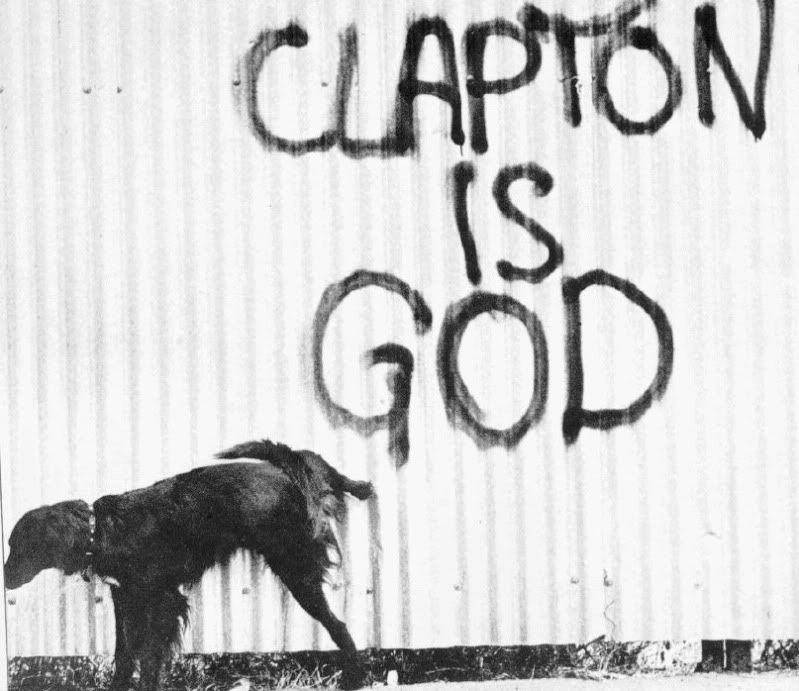There
comes that moment when the villain says those chilling words. Characters have
either fallen under the spell of a charismatic tyrant or simply been enslaved
by a horrific evil-doer. It has taken place gradually through a slow, unwitting
letting go of control, or freedom has been violently stolen away. Whatever the
case, there comes that moment of shocking revelation when what the characters
have suspected is true is actually uttered out loud by the villain: I own you.
Whether
in fiction or real life, the realization that one has given away or lost freedom and control is indeed chilling. Tragically, though, this happens to us regularly.
We give away slices of freedom and chunks of control with each mindless
consumption, with the ebbing away of our time, with relentless indulgences and untreated addictions, with every comparison of our life to that of
another. Every day we give away ownership of our lives to ideas and things and actions and people who
have no business with such control. And this determines our becoming as we slouch toward monstrosity. But there is only one to whom we truly belong.
Yet that belonging is not the source of enslavement but freedom, not “I own you”
but “You are mine." There’s a huge, eternal difference.
Do not fear, for I have redeemed you; I have called you by name; you are mine.
--Isaiah 43:1
“You
are mine.” This is God’s assertion many times in Scripture. In fact, it could
be considered an overarching theme. A golden thread running through the fabric
of God’s revelation is that we are his—his creation, his image, his chosen ones, his people, his children, his redeemed, his dwelling place, his
beloved. The back-and-forth of our story, faithfulness pushing and being pushed
by unfaithfulness, is largely the result of the unwillingness to commit, or
sometimes the inability to see, that we are God’s. Two aspects of this
revelation are key to having it take hold of us and free us:
1)
We belong to God and, thus, our lives
are as secure as the life of God. No one can take your life from you any more
than they can take away God’s life, kill God. No professional failure or
shortcoming, no personal disappointments or rejections, no worldly circumstances,
not even death, can take away your life. You will go on forever.
2)
We belong to God and, thus, to no one
and nothing else. We preach and speak against divided loyalties, against
distractions that lead us away from God, against living for anything other than
God and God’s will. But let’s not be naïve: living such a fixed and devoted life
is fraught with difficulty. The temptation is always present—sometimes
overwhelmingly so—to seek the approval of others, to define success and failure
externally in accord with others’ values and expectations, to give over control to something material or numbing. This must no longer
be. For you will belong to God—no other idea or expectation or agenda or
person—forever. And God is Love, characterized by grace and mercy. Even his
judgment is for setting things right, for setting you right…because you’re his.
“You
are mine." God doesn't own you. No one owns you (unless you let them). You and God are one--that's very different. No one can pull you from God’s
caring, guiding embrace. No one can give you more or less worth. You will
accomplish God’s will only by becoming who God is making you to be. Which is to
say, by focusing your life on becoming this child of God’s, you will accomplish his plan for you. This is God’s will, the becoming. There is
nothing else. Lives touched, missed opportunities, disciples made, stumbles, work
produced, failures, dying—all part of the becoming. First things first. And
first, “You are mine…and I am the First and the Last.”










